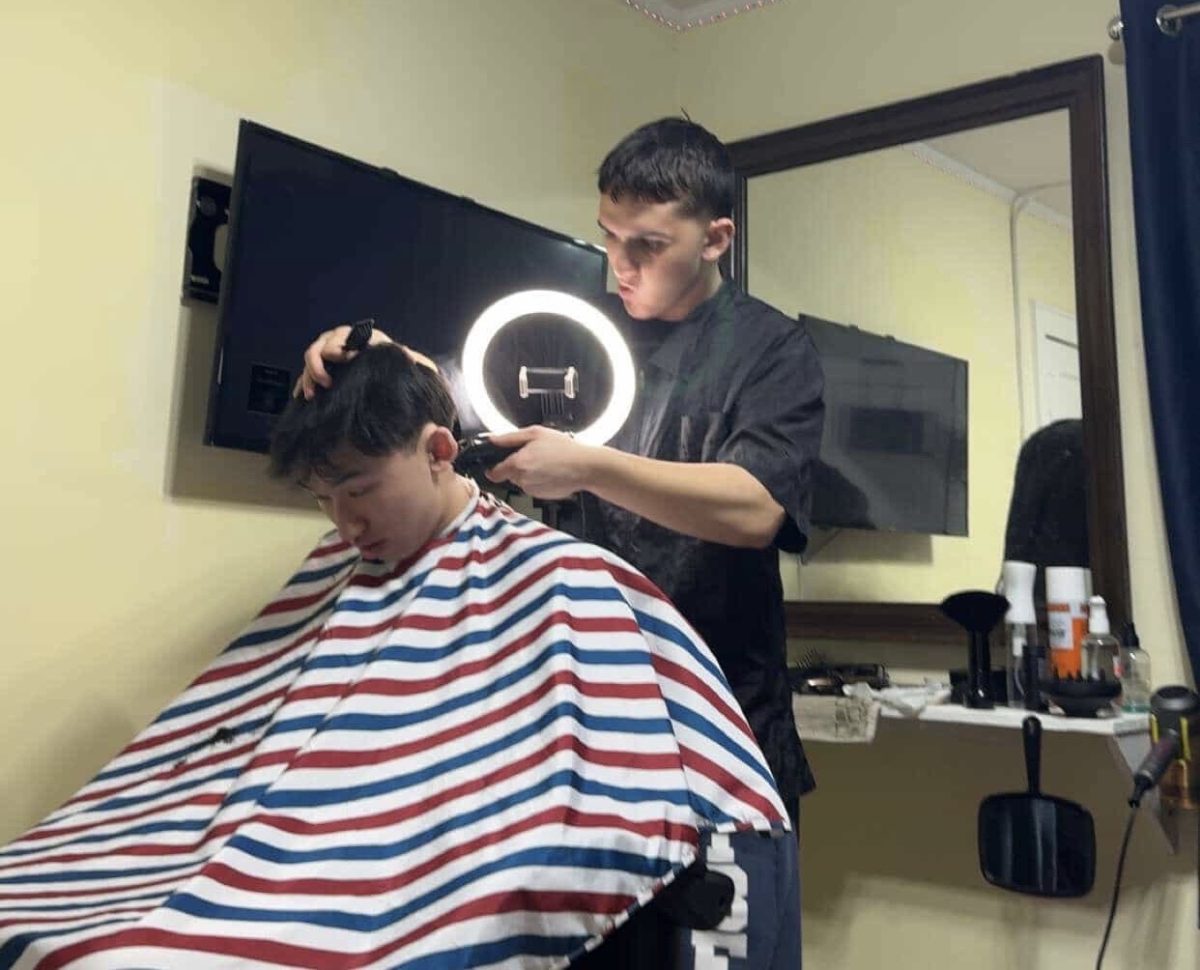As the calendar turns to May, high school corridors buzz with a mix of anticipation and anxiety. It’s AP and Regents season, and after months of academic grind, many students find themselves on the brink of burnout. The motivation that once fueled late-night study sessions and early-morning revisions begins to wane just as they need it most. Yet, the academic rigor doesn’t pause, and the pressure mounts. For students, the challenge is twofold: reigniting the spark of motivation while nurturing healthy study habits that can sustain them through this demanding period. The challenge is not merely academic; it’s psychological. Burnout is a state of emotional, physical, and mental exhaustion caused by prolonged stress. It’s characterized by a decline in performance, a sense of detachment, and a loss of enthusiasm for activities that were once enjoyable. For students, burnout can manifest as a sudden drop in grades, a feeling of helplessness, and a desire to give up. Students must reignite the spark of motivation while simultaneously nurturing healthy study habits to sustain them through this grueling period. It’s a delicate balance that requires a nuanced approach, tailored to the individual needs of each student.
Great Neck South senior Olivia Lei talks about her own struggles with stress and burnout. “Learning makes life really vibrant and colorful, and it’s frustrating when things start to get overwhelming.” To combat feelings of stress, Olivia suggests having a close circle of friends to combat burnout: “It’s uplifting to greet your friends and everyone you know.”
Olivia’s insights point to a broader truth: the fight against burnout is not won in isolation. It requires a community of support, a blend of personal resilience, and collective empathy. Socializing can increase dopamine levels in the brain, contributing to feelings of pleasure and reward. When we engage in positive social interactions, such as receiving praise, recognition, or social support, it leads to the release of dopamine. Dopamine can also be part of the solution to overcoming burnout. By engaging in activities that naturally increase dopamine in a balanced way, such as surrounding yourself with positive influences, indulging in activities that excite you, and celebrating small wins, can help rewire the brain’s response to stress. According to Judy Willis M.D., this rewiring involves strengthening the neural pathways associated with positive behaviors and weakening those linked to the stress response.
In addition to nurturing a supportive community and focusing on positive social interactions, developing healthy study habits plays a pivotal role in combating burnout among high school students. While the academic workload may seem daunting, implementing effective study strategies can help students manage their responsibilities while safeguarding their mental and emotional well-being. Each individual has unique study methods that align with their personal needs and abilities. Sophomore Meera Mandrekar, for instance, prepares for exams by doing practice problems: “It allows me to see what the questions would be like and get used to anything the teacher might throw at me.”
It’s essential to recognize when we’re pushing ourselves too hard and need to pause. In a demanding and competitive academic setting like South High, students can easily become consumed by the pressure to excel and may overlook the importance of rest and relaxation. Whether it’s taking short breaks, practicing mindfulness or relaxation techniques, or seeking help when needed, prioritizing self-care fosters resilience and long-term academic success.
Lastly, promoting a balanced approach to studying is essential for preventing burnout. While academic achievement is important, emphasizing the value of hobbies, interests, and extracurricular activities cultivates a well-rounded lifestyle that supports overall well-being. “When I am very stressed, I take breaks where I usually play my instrument or listen to music to regroup myself,” says Meera. Pursuing passions outside of academics provides a sense of fulfillment and perspective, reducing the risk of burnout and promoting a healthier relationship with learning.
“Throughout everything, always be kind to yourself. You can be strict with yourself, but you cannot be mean and neglecting,” Olivia says.







